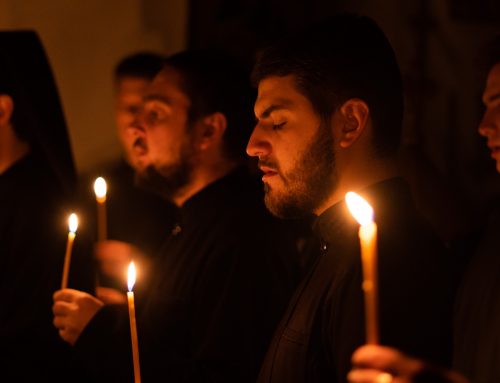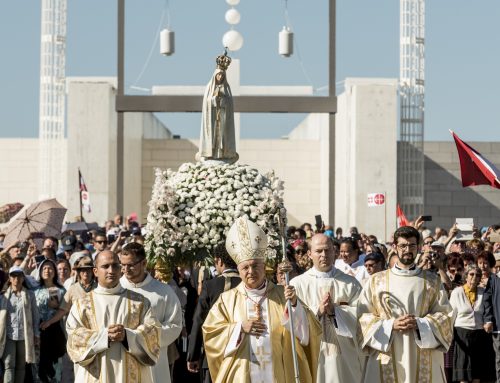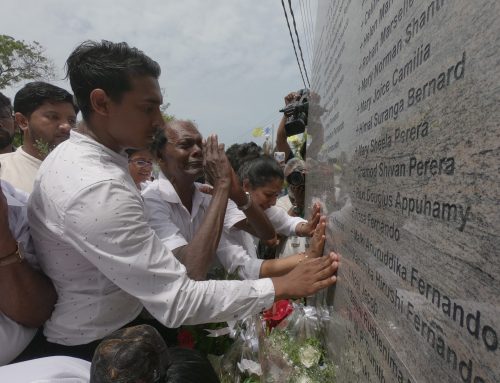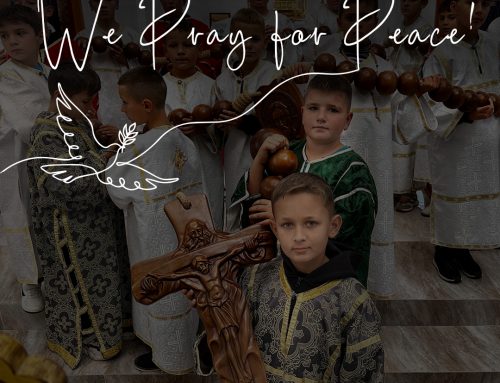Serbia, Zrenjanin 24 Mar 2015
ACN, Königstein – 24 March 2015. “Serbia has visibly become poor. For this reason, many have also given up hope. The 40- to 50-year-olds are now leaving, people in their prime.” The Catholic bishop of Zrenjanin, Ladislav Nemet, used these words to describe the current situation in Serbia. During a visit to the international Catholic pastoral charity Aid to the Church in Need (ACN), Bishop Nemet also said, “Waging war costs a great deal; however, being bombed even more. Years of international sanctions and the damage inflicted by the NATO bombing in 1999, which has yet to be repaired, have been very hard on the economic basis, especially on industry and the transportation infrastructure.Serbia has been thrown back at least 50 years.”
According to the bishop, the first wave of emigration hit the southeastern European country in 1991. At that time, those leaving were primarily young Serbs who did not want to fight in the war. The second wave was triggered by the bombing in 1999. According to the 2011 Census, Serbia currently has 7.16 million inhabitants. The World Bank estimates that the country has lost approximately 300,000 inhabitants over the last ten years.
The church also feels the effects of emigration. Bishop Nemet commented, “Today, the diocese of Zrenjanin in Vojvodina in the northern part of Serbia has approximately 65,000 believers. In 1991, there were still 99,000.” Because many believers in Vojvodina have Hungarian, Romanian, Croatian or German roots, moving to one of the countries of the European Union is comparatively easy. According to the bishop, most of the Serbs move to Austria, Germany or the United States. Thus, Chicago is “already considered the second largest Serbian community after Belgrade.”
Aid to the Church in Need has been supporting the pastoral work of the Catholic as well as the Greek Catholic church in all five Serbian dioceses – pastoral care in the diaspora – for years. In 2014, the aid was primarily used for pastoral programmes for children and adolescents, renovation as well as construction projects, the elimination of flood damage, Mass stipends to secure the livelihood of pastors as well as the acquisition of automobiles to carry out pastoral care in diaspora regions.
Reinhard Backes, press@acn-intl.org





